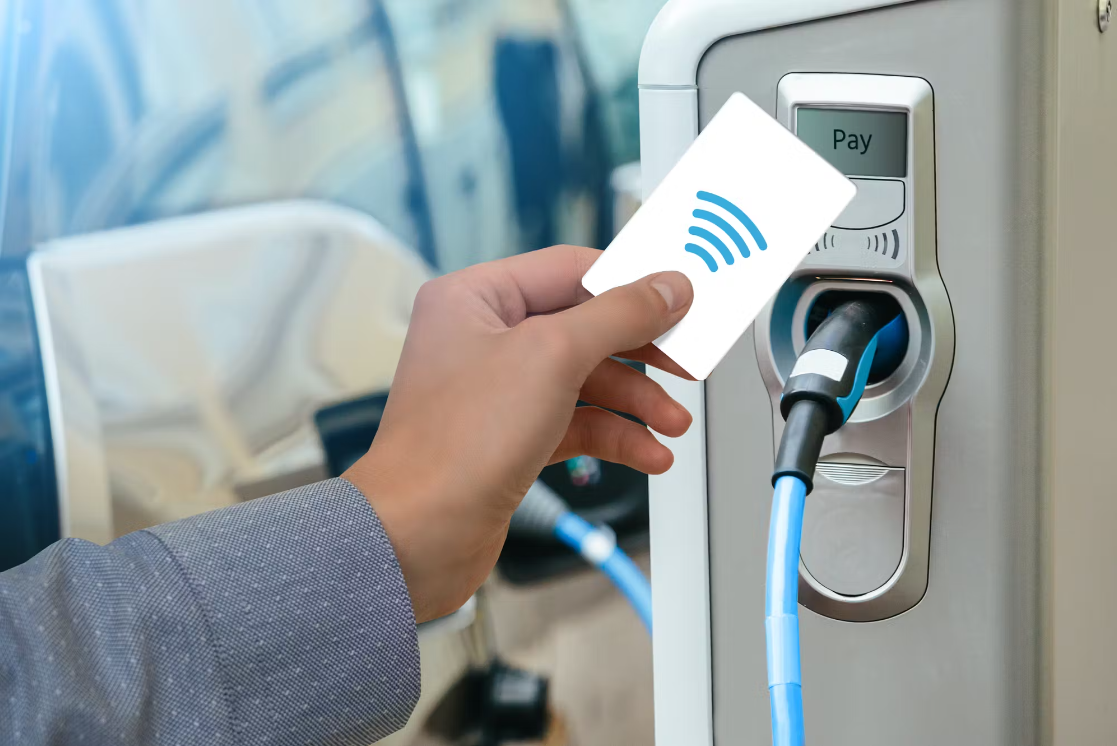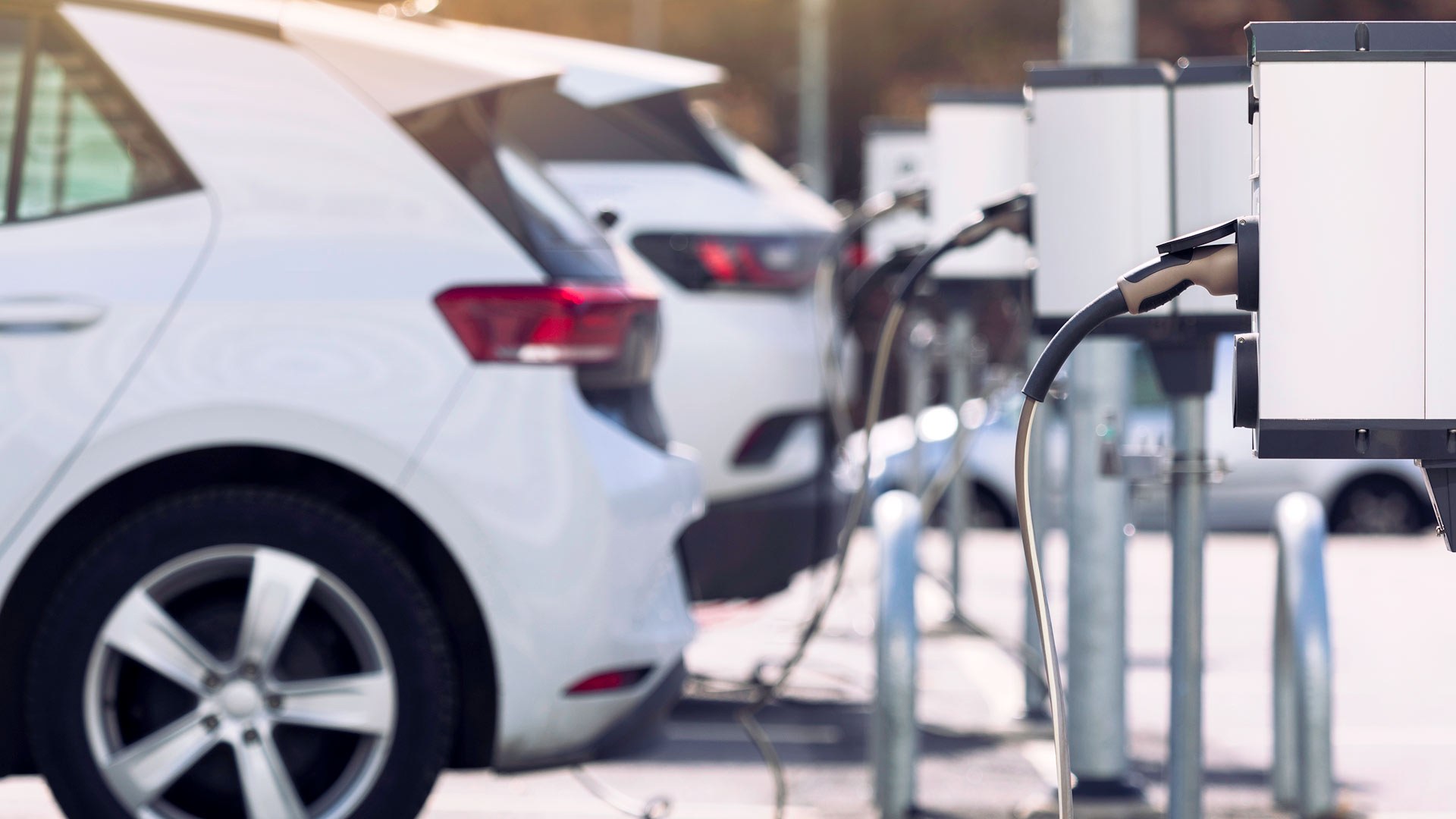With the rising popularity of electric vehicles, the days are gone when owning an event, taking long trips to far-away stations or living nearby the charging station. With convenience and sustainability, electric vehicle chargers can be sold for home usage, to give you peace of mind.
If you are considering installing an EV home charger, we will discuss the cost of EV charger installation in this article. We will also look into the factors positive and negative regarding EV Installation. Let’s dive right into it.
EV Charger
Like any other charger, an EV charger is a piece of equipment required to charge an electric vehicle. The only difference between a normal charger of a mobile and an EVS of a vehicle, is that it is larger and similar to the gas pumps that have supplies through machines to provide the battery required by an electric vehicle to run on.
It comes in 3 levels: level 1, level 2, and level 3 DC fast charging. According to the level, three different types of charging stations are characterized by each level equipped with unique characteristics.
Types of Charging stations
The Level 1 charging stations produce 120 volts from standard outlets and are used for emergency charging. Such charging stations come included with the purchase of an EV and can provide charging for about 2 to 5 miles of range per hour of charging. People who are commuting short routes can benefit from the level-one charging stations.
As compared to the level 1 charging stations, Level 2 chargers offer 5 to 7 times faster charging speed with a power outlet of 240 volts, providing up to 19.2 kilowatts. You can hardwire such chargers to your home circuit, which is not included in purchasing an electric vehicle.
A qualified electrician is only suited to install search chargers that can make your vehicle run up to 25 miles per hour of charging. Level 2 charges are the most convenient and preferred choice of electric vehicle owners as they are faster than Level 1 and offer greater range.
Level 3 stations offer 480 volts of direct current and can charge your vehicle in around 30 minutes, also known as DC fast charges. Due to electrical requirements and powerful infrastructure, these charging stations cannot be installed at home.
Still, a special permit with an extensive upgrade of the electrical circuitry in your home can make suitable accommodations for home charging station installation. However, this is a costly procedure leading to the expenditure of $50,000.
The installation cost of Level 2 charger
Level 2 charger is an ideal type of EV Home Charger Installation which is either universal or vehicle-specific, ranging around $500 to $3,000 in cost, which includes the additional electrical work done. Many other factors can affect the cost of the installation process.
If your home electrical circuitry outlet consists of a 240-volt outlet, then the basic installation of an EV charger will be significantly less expensive as the charger can be mounted next to the outlet. However, if new wirings and outlets are required, the installation process can increase from $2,000 to $3,000.
One way you can minimize your cost is by hard wiring the charger directly to the wall instead of installing a NEMA outlet plug that would cost a higher on the material. A professional electrician will be able to assess your home’s electrical system by ensuring maximum safety and compliance with rules and regulations.
Final words
Investing in home EV chargers is highly beneficial as they offer maximum convenience and mental peace with lowering your dependence and Reliance on public charges or traditional gas stations.
At the same time, the installation process might look a bit hectic and costly. However, it is worth the effort and costs in the long run and can save you time for long-distance traveling.


